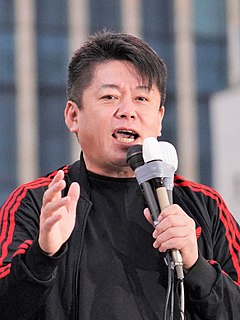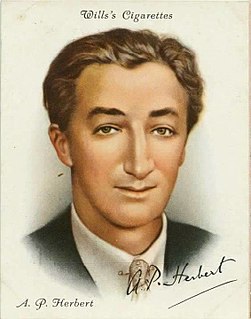A Quote by Pliny the Elder
The invention of money opened a new field to human avarice by giving rise to usury and the practice of lending money at interest while the owner passes a life of idleness.
Related Quotes
To walk in money through the night crowd, protected by money, lulled by money, dulled by money, the crowd itself a money, the breath money, no least single object anywhere that is not money. Money, money everywhere and still not enough! And then no money, or a little money, or less money, or more money but money always money. and if you have money, or you don't have money, it is the money that counts, and money makes money, but what makes money make money?
When I say the economy is shrinking, it's the economy of the 99%, the people who have to work for a living and depend on earning money for what they can spend. The 1% makes its money basically by lending out their money to the 99%, on charging interest and speculating. So the stock market's doubled, the bond market's gone way up, and the 1% are earning more money than ever before, but the 99% are not. They're having to pay the 1%.
There is one bit of advice given us by the ancient Greeks, and by the Jews in the Old Testament, and by the great Christian teachers of the Middle Ages, which the modern economic system has completely disobeyed. All these people told us not to lend money at interest; and lending money at interest - what we call investment - is the basis of our whole system.
Money is a lubricant. It lets you "slide" through life instead of having to "scrape" by. Money brings freedom-freedom to buy what you want , and freedom to do what you want with your time. Money allows you to enjoy the finer things in life as well as giving you the opportunity to help others have the necessities in life. Most of all, having money allows you not to have to spend your energy worrying about not having money.
The phase of the usury system which we are trying to analyze is more or less Patterson's perception that the Bank of England could have benefit of all the interest on all the money that it creates out of nothing. ... Now the American citizen can, of course, appeal to his constitution, which states that Congress shall have power to coin money or regulate the value thereof and of foreign coin. Such appeal is perhaps quixotic.
Well, fancy giving money to the Government! Might as well have put it down the drain. Fancy giving money to the Government! Nobody will see the stuff again. Well, they've not idea what money's for- Ten to one they'll start another war. I've heard a lot of silly things, but, Lor'! Fancy giving money to the Government!
In short, the early receivers of the new money in this market chain of events gain at the expense of those who receive the money toward the end of the chain, and still worse losers are the people (e.g., those on fixed incomes such as annuities, interest, or pensions) who never receive the new money.



































